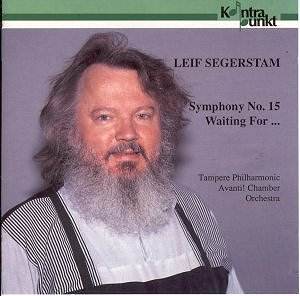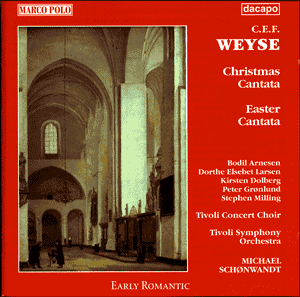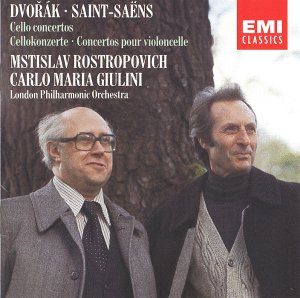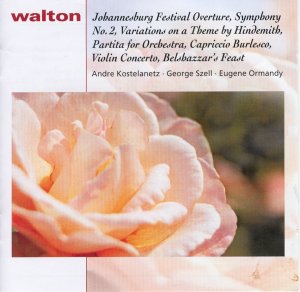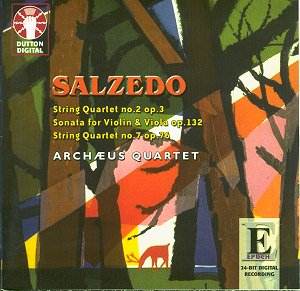 Composer: Leonard Salzedo
Composer: Leonard Salzedo
Works: String Quartet No. 2 Op. 3, Sonata for Violin and Viola Op. 132, String Quartet No. 7 Op. 76
Performers: Archæus Quartet: Ann Hooley (violin), Bridget Davey (violin), Elizabeth Turnbull (viola), Martin Thomas (cello)
Recording: Henry Wood Hall, London, April 2001
Label: Dutton CDLX 7113
Leonard Salzedo, a composer of remarkable versatility and originality, has unfortunately lingered in the shadows of the 20th-century canon despite his prolific output of approximately 143 works, including numerous film scores. This new release from Dutton, featuring the Archæus Quartet, offers a significant glimpse into Salzedo’s oeuvre, showcasing the Second String Quartet and the Seventh, alongside the Sonata for Violin and Viola. The historical context of these works is vital; Salzedo’s early compositions reflect a youthful confidence and a burgeoning voice that would mature into a distinctive style strongly influenced by his Spanish Jewish heritage and the rich tapestry of European modernism.
The performances delivered by the Archæus Quartet are nothing short of stellar. Their interpretation of the Second String Quartet (completed in 1943 and later revised) reveals a deep understanding of Salzedo’s idiomatic writing. The opening movement, marked Allegro Moderato, captures the restless spirit of youth, demonstrating an impressive command of thematic development. The Archæus Quartet deftly navigates the intricate lines, ensuring that the opening motif’s evolution feels organic and compelling. The performers’ attention to dynamic contrast, particularly in the wistful second movement minuet, allows the listener to appreciate the nuanced emotional landscape Salzedo creates.
In the Seventh String Quartet, the Archæus Quartet exhibits profound interpretative depth, particularly in the Lento slow movement, where the use of a Sephardic melody resonates with haunting beauty. The interplay among the instruments is exquisite, with Martin Thomas’s cello articulating the melody while the upper strings weave a delicate tapestry of murmurs and harmonics, creating a spectral atmosphere. The final Allegro, while not strictly adhering to a moto perpetuo, showcases Salzedo’s rhythmic ingenuity, and the quartet’s precision in executing the driving pulse speaks to their technical prowess and interpretative insight.
Recording quality is impeccable, with Dutton ensuring clarity and presence in the sound. The engineering captures the rich textures of the string writing, allowing the intricate dialogue between instruments to emerge vividly. This sonic fidelity enhances the listener’s experience, making the subtleties of Salzedo’s scoring all the more apparent.
Comparisons with other composers of the period, such as Elizabeth Maconchy and Daniel Jones, highlight Salzedo’s unique contributions to the string quartet repertoire. While the latter have seen their complete cycles recorded, Salzedo’s works remain unjustly underrepresented. This release not only shines a light on his prolific talent but also suggests the potential for a more comprehensive exploration of his quartets, which could rival the best in the genre.
The Archæus Quartet’s commitment to Salzedo’s music is commendable and indicative of the composer’s deserving place in the contemporary repertoire. They deliver performances that are not only technically proficient but also deeply felt, making this recording a significant milestone in the revival of Salzedo’s work. This disc is a vital addition to the collections of both enthusiasts and scholars alike, offering a rich exploration of a composer whose voice deserves to be heard and celebrated.
